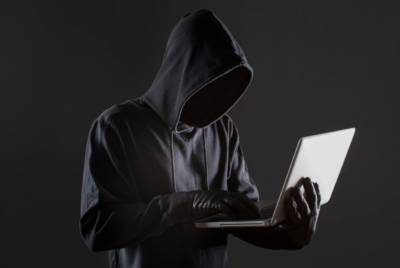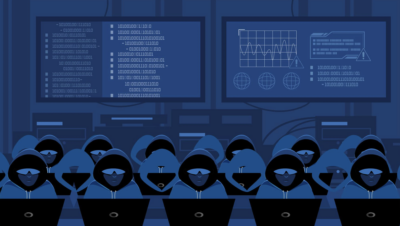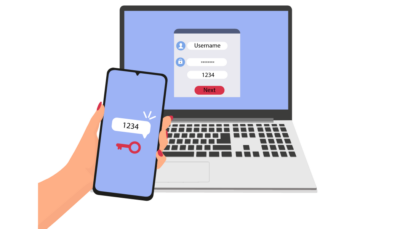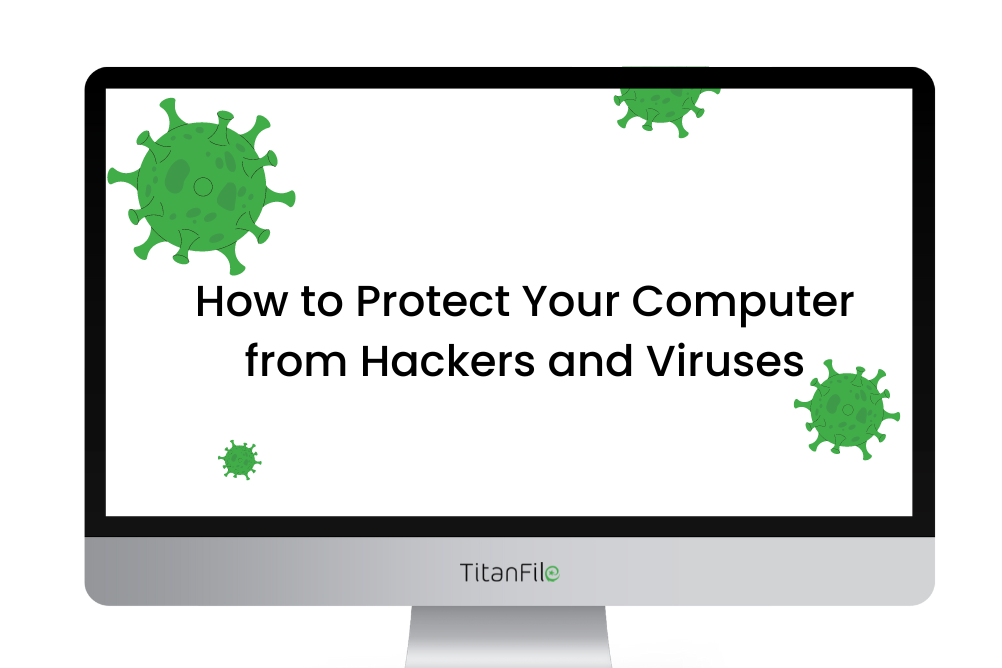There’s no telling when you’ll be affected by a cyberattack. It could happen while you’re streaming movies, downloading a podcast, or even sending work emails. When it comes to the security of your information online, it’s important to understand how hackers can attack your computer and the best ways to protect yourself.
What are Hackers?
Hackers are people who get unauthorized access to devices (i.e. smartphones, tablets, computers etc.) using an internet connection. The goal of a hacker is to alter, delete, and/or steal your personal information to use against your consent for their benefit. These types of hackers are commonly known as “black hat” and usually install malware on the target device without permission.
When you look up “What is a hacker” on google, several results pop up. When looking for an image – you’ll most likely come across a hooded person in a dark room hunched over a desktop. In reality, hackers come in all shapes and forms.
In most cases, hackers have malicious intent and use your information for personal gain. However, there are ethical hackers (called “white hat” hackers) who use the same techniques but to the potential victim’s benefit. Companies can hire white-hat hackers to check for security vulnerabilities in their IT infrastructure so that critical vulnerabilities can be addressed and patched before they’re exploited.
Types of Hacking
When it comes to hacking, each hacker has a different goal.
Monetary Compensation
They say “money is the root of all evil” which appears to be true, as it’s one of the primary reasons for cyber threats. Oftentimes, hackers will target high-profile executives, major banks, and on smaller scales steal credit card information online. It’s not uncommon, especially during the holidays, for people to receive bank notifications for unauthorized transactions on their accounts. If not dealt with immediately, hackers can continue to use your credit card to make purchases which can result in lost funds and feelings of hopelessness.
Hacking for monetary compensation is a prominent method and should be a consideration when making purchases online. Ensure you are making purchases from legitimate companies, using secure web forms to enter credit card details, or better yet verified payment platforms like Paypal and Klarna.
Corporate Espionage
Spies existed long before the internet. However, they’re often discussed in the context of government agencies seeking information on potential threats. In the context of hacking, corporate espionage is a big player – in fact, even ordinary masses are involved in it. Companies can hire hackers to hack into a competitor’s computer and gain unauthorized access to data or attack a website with malware for the purpose of financial or commercial gain.
This type of hacking is controversial, though many competitive intelligence companies say it’s legal and above board. Unlike hacking for monetary compensation, this type of hacking rarely targets individuals but rather companies and corporations.
Hacktivism
Hacktivism is a new wave of hacking which uses digital tools and computer-based techniques for political and social causes. The main goal is to bring attention to a cause, such as the freedom of information, which the hacker finds important. “Hacktivists” with an increasingly large audience include Anonymous – an international collective that targets governments, with a decentralized goal.
An example of hacktivism includes their cyberattack on the Tunisian government during the 2011 revolution. Anonymous released a distributed denial-of-service (DDoS) attack on government websites by bombarding them with so much data and request information that they could no longer handle page requests and were ultimately put offline. The purpose of this attack was censorship. 
Depending on the party involved, hacktivism has been debated as both “black hat” and “white hack” hacking – the new “Good vs Evil” debate if you will.
How to Protect your Computer from Hackers and Viruses
Many companies run their businesses online to connect with their clients, manage inventory, keep track of finances, run marketing campaigns, and so on and so forth. But is it safe to do so when the internet is so public?
We hear news stories about massive cybersecurity breaches on very secure computer systems -.even large corporations, such as Facebook and Yahoo, have experienced breaches. This begs the question if companies with multi-million dollar cybersecurity budgets can be affected, what about small businesses?
Turns out 61% of SMBs were the target of a cyberattack in 2021 and continue to be the most vulnerable due to a lack of resources, education, planning etc. It’s important to enable basic cybersecurity best practices to keep company data secure. Following these steps will allow you to protect your computer from hackers and viruses:
1. Choose Firewall Protection
Firewall protection software was developed to build a barrier between your data and outside interference. The firewall protects against unauthorized access from cyber attackers and alerts the system in case of any attempts. It’s important to turn on your firewall before using the internet – which is full of hackers waiting for your guard to be down.
2. Use Antivirus Software
Antivirus, also known as Anti-malware, is a program that protects your computer from viruses and malware. The removal, detection, and prevention of malware are all accomplished by antivirus software – and save your sensitive data on devices, networks, and IT systems. It’s a simple way to protect your computer and can be done with the click of a button.
3. Install Anti-Spyware
Anti-spyware is specialized software that secretly monitors and gathers user data and information. It prevents direct interaction with malicious websites and blocks unwanted ads and search results directed toward the websites you visit. Some spyware collects financial information and passwords for every keystroke and can block all potential threats in real time.
4. Choose Complex Passwords
A more complex password is the easiest method to protect your computer from being hacked. Passwords act as the first line of defence against cyberattacks and are hard to decode. Unfortunately, not many online users have complex passwords which make them susceptible to breaches. In fact, almost two-thirds of people reuse passwords on multiple sites and 36% of users have weak passwords.
To create a strong password, the best practices are using numbers, passphrases, password generators, and using 12 or more characters. Avoid reusing passwords and using easily memorable combinations like birthdays and other info related directly to you. If the information in your password can be found on your Facebook page or a simple Google search, remove it.
5. Backup your Device
If you fall victim to a data breach, it becomes nearly impossible to recover your data if it has not been backed up prior. It’s important to back up your data every 24 hours to ensure you do not lose important information. The best rule of thumb is the 3-2-1 method – three copies of the data should be backed up, two on local devices and one off-site, according to experts. Businesses should specifically back up their data to the cloud, an external hard drive, and the original device.
It is easy for hackers to delete or alter your data and/or destroy your system. Be prepared for such a situation and keep your data safe. Backup storage is available on macOS “Time Machine”. While for Windows, it is accessible in “File History”.
6. Setup Two-Factor Authentication
As you now know, passwords act as the first line of defence against cyberattacks. Enabling two-factor authentication (2FA) is the second. 2FA provides improved security by requiring additional authentication at the time of login. Usually, two-factor authentication sends a unique, one-time code to a personal phone number or an authentication app generates a code – both are required to be entered correctly in addition to a password to successfully access an account.
This additional layer of protection on your system is the difference between data security and data insecurity.
Conclusion
Hackers are always searching for easy targets, whether you are a business or an individual. Therefore, it is important to always protect your computers using various cybersecurity best practices.
Install anti-spyware and firewalls, use multi-level authentication and maintain regular backups of your data in case of intrusion. All of the above-mentioned methods will help protect, detect, and recover your important data so that your computer can remain secure from hackers.
Share this article to help inform others!
